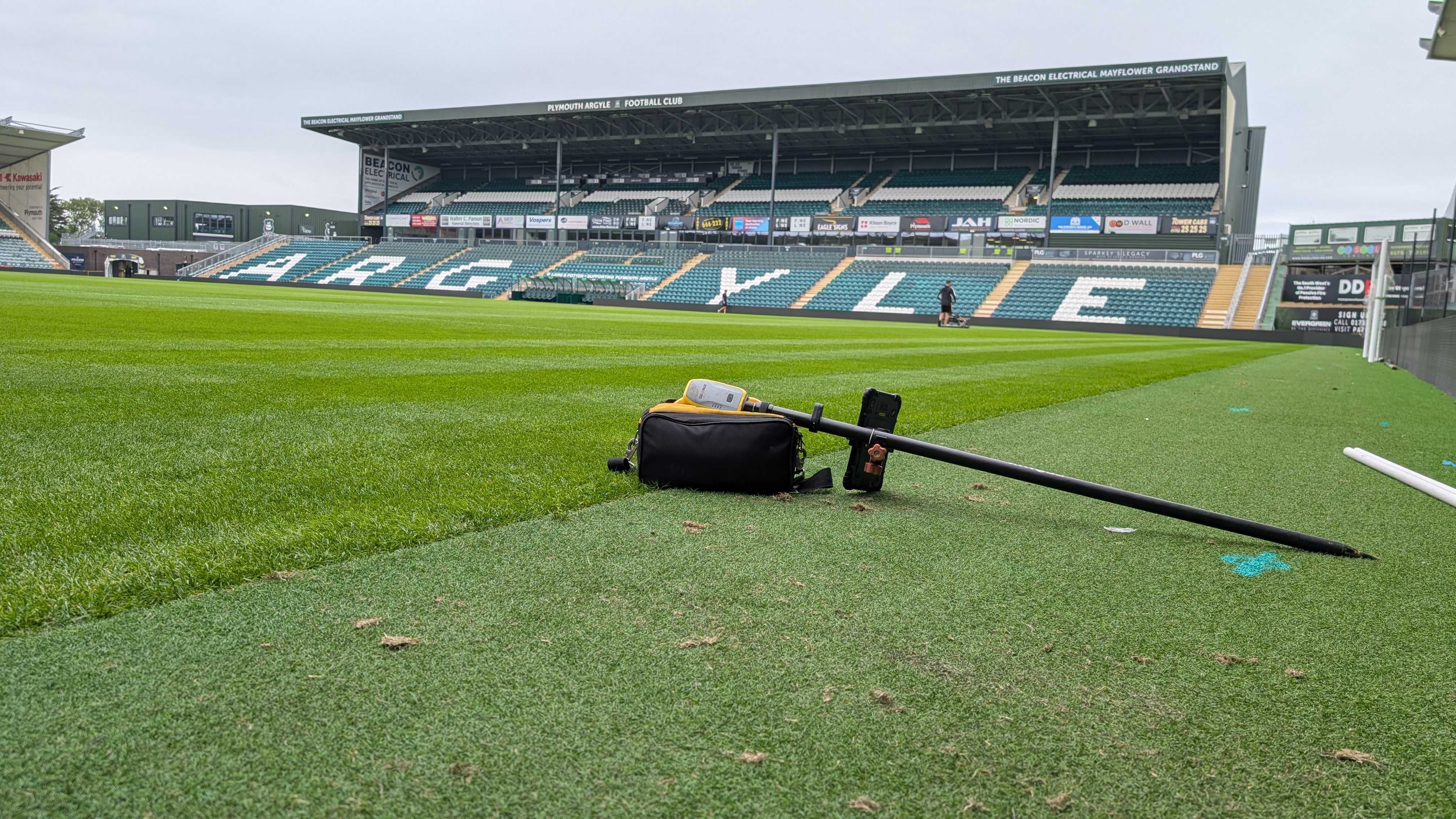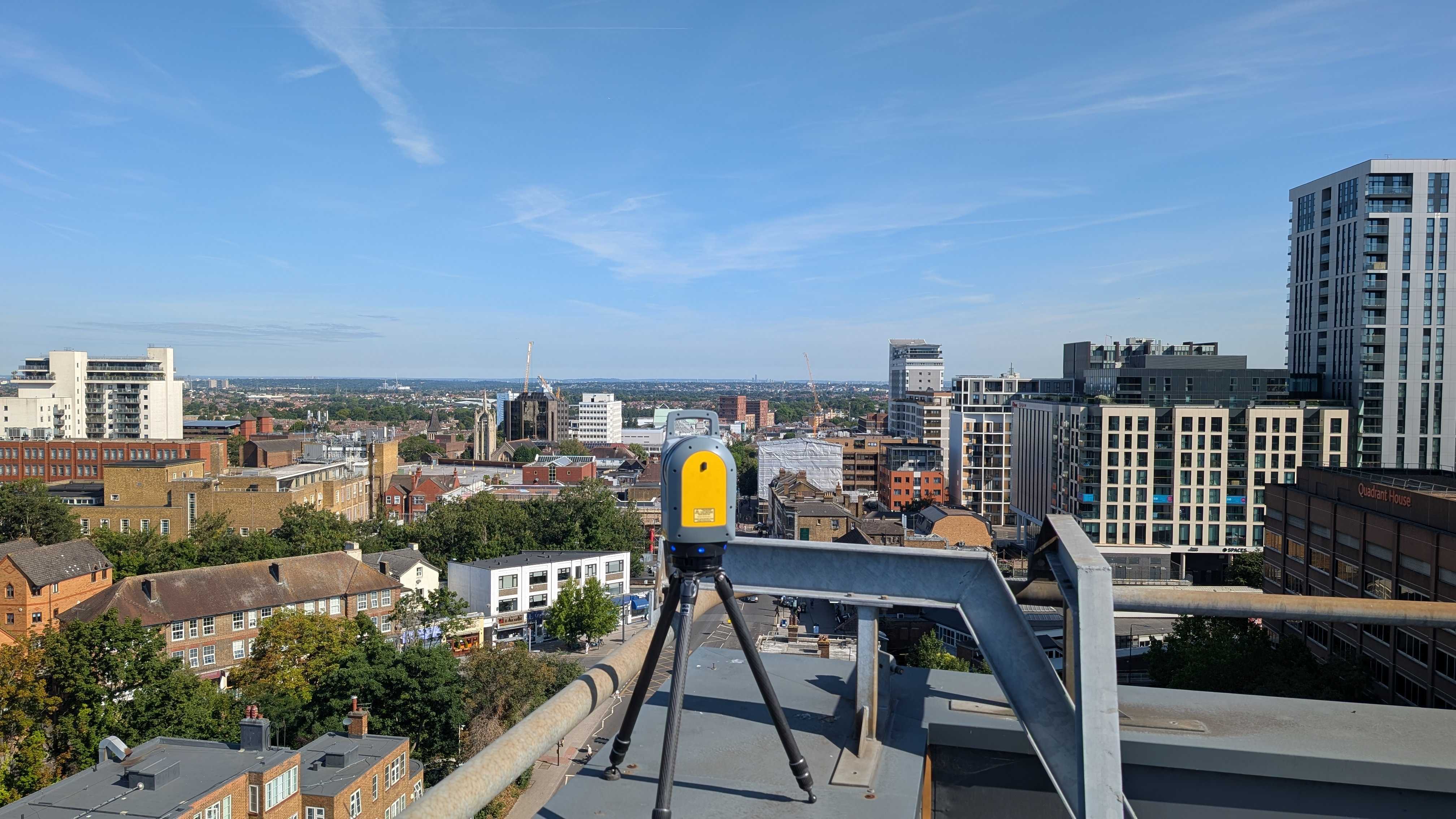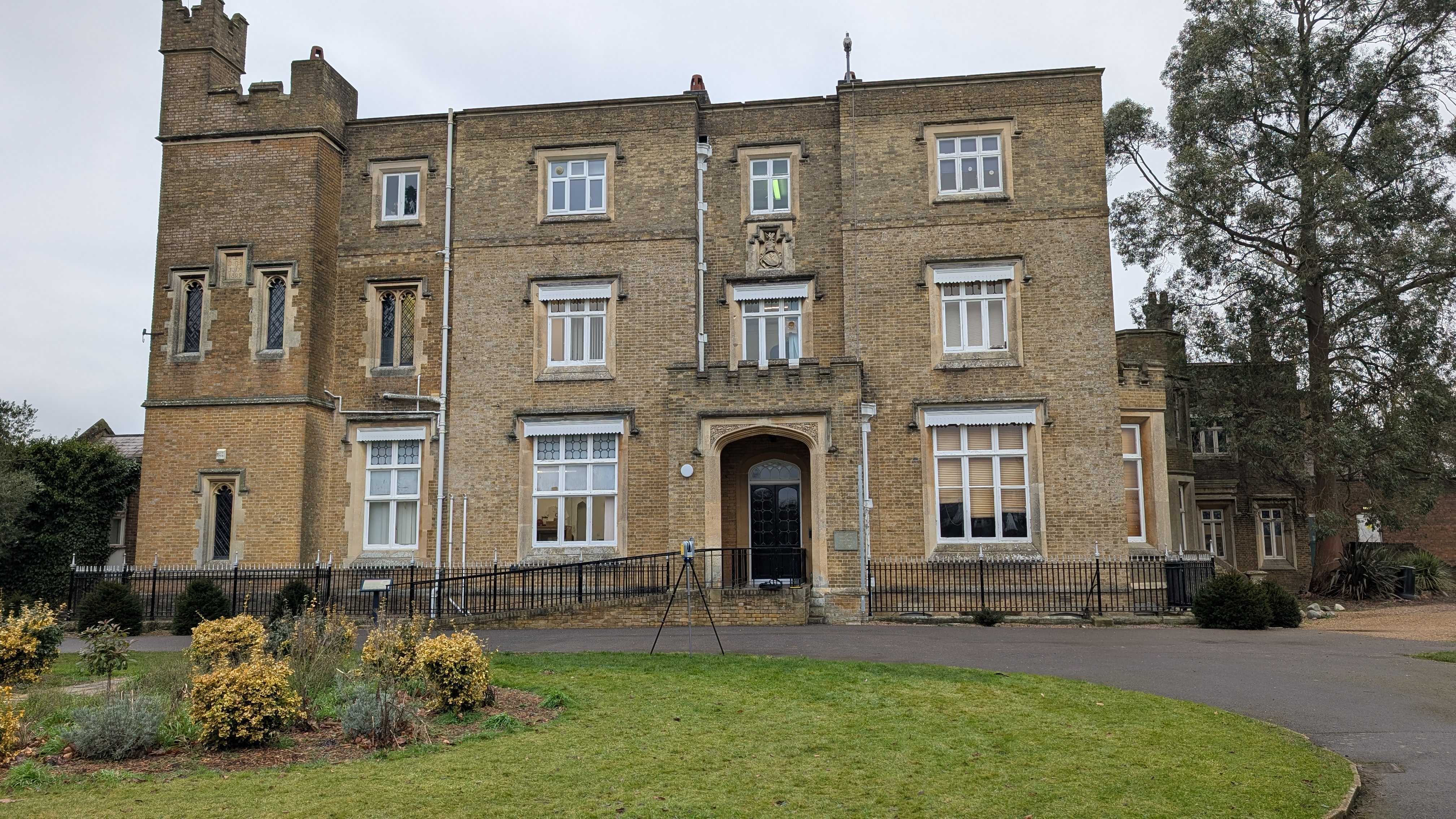On site, disputes are more than just disagreements—they can derail timelines, inflate budgets, and tarnish reputations.
Whether it’s a disagreement over design deviations, a quality concern, or a question of cost responsibility, conflicts between stakeholders are common yet costly. Without reliable documentation, even minor misunderstandings can spiral into protracted legal battles, leaving projects mired in delays and relationships in disrepair.
In this blog, we’ll explore how Construction Verification As-Built (CVA) reports serve as a powerful tool for avoiding disputes, protecting clients and contractors from unnecessary legal and financial risks, and creating trust in construction projects.
Understanding the Sources of Construction Disputes
With so many moving parts to construction projects, disputes can arise from even the smallest oversight or misunderstanding. These conflicts, if left unresolved, can have significant financial and operational consequences.
One common source of disputes is design discrepancies. When the actual construction deviates from the approved design, questions arise about responsibility and cost implications. Was it a contractor’s error? An unclear design specification? Or an unavoidable on-site adjustment? Without clear documentation, identifying the root cause becomes a guessing game.
Another frequent issue is quality concerns. Stakeholders often have different interpretations of what constitutes acceptable quality. A lack of clear benchmarks or failure to document work progress can lead to accusations of substandard work.
Lastly, cost disagreements are a major driver of construction conflicts. Unexpected changes during construction—such as on-site modifications or unanticipated material needs—can lead to budget overruns.
How Construction Verification As-Built Reports Support Dispute Resolution
Construction Verification As-Built (CVA) reports play a critical role in dispute resolution by providing the clear, factual evidence needed to address issues quickly and fairly.
One of the primary ways CVA reports support resolution is by offering verifiable proof of project conditions. These reports meticulously document as-built conditions, ensuring that stakeholders have a reliable reference point for assessing claims or discrepancies. For example, if a client disputes the quality of work completed, the CVA report can provide precise data—such as measurements, materials, and alignment with specifications—eliminating guesswork or subjective interpretations.
Since these surveys are produced by independent experts, such as us at Intersect Surveys, these reports are perceived as unbiased and objective, helping to defuse tension between parties. This impartiality is invaluable when disagreements escalate, as stakeholders are more likely to accept findings that are backed by third-party verification rather than relying on internal documentation.
Moreover, these reports enable efficient conflict resolution by streamlining the decision-making process. Whether it’s a minor clarification or a significant claim, having a comprehensive record on hand allows stakeholders to address concerns without lengthy investigations.
Preventing Legal Battles and Protecting Reputations
Legal disputes in construction can be financially draining and reputationally damaging, often casting a long shadow over future projects.
When disagreements escalate without resolution, they frequently result in claims that can stall progress, inflate costs, and tarnish the credibility of all parties involved. In this environment, the value of preventive measures, such as Construction Verification As-Built (CVA) reports, cannot be overstated.
This comprehensive survey reduces the likelihood of legal battles by ensuring that all parties have access to a common set of facts. For example, if a contractor’s work is questioned, the CVA report provides a transparent view of the as-built conditions, enabling objective evaluation without the need for drawn-out legal procedures.
By preventing legal entanglements and building a track record of reliability, these surveys help construction professionals focus on what matters most—delivering successful projects on time and within budget.
Conclusion: Mitigate Risks with Construction Verification
Construction Verification As-Built (CVA) surveys offer an effective, proactive solution by providing clear, unbiased documentation that supports collaboration, resolves conflicts, and protects your reputation.
With this survey type in hand, you can prevent disputes before they arise, demonstrate accountability, and avoid the financial and reputational costs of legal battles.
Investing in our Construction Verification As-Built surveys is not just about meeting industry standards—it’s about ensuring smoother project delivery and securing long-term success.
Let Intersect Surveys help you navigate your next construction project with confidence.
Call us today to schedule your Construction Verification survey or visit our website to learn more about how we can support your project’s success.
FAQs
1. How do Construction Verification As-Built (CVA) reports help prevent disputes?
CVA reports provide clear, factual documentation of as-built conditions, ensuring all stakeholders have an objective reference for project progress, quality, and compliance. By eliminating ambiguity and reducing misunderstandings, these reports help prevent conflicts before they arise.
2. Can Construction Verification As-Built reports be used as evidence in legal disputes?
Yes, CVA reports serve as reliable, third-party documentation that can support claims and provide unbiased proof in the event of legal disputes. Because they are produced by independent experts, they carry credibility and can be instrumental in resolving conflicts efficiently.
3. Why should contractors and project managers invest in Construction Verification As-Built reports?
Investing in CVA reports minimises financial and legal risks by ensuring transparency, accountability, and clear documentation of project conditions. This proactive approach helps avoid costly disputes, protects reputations, and ensures smoother project completion.








